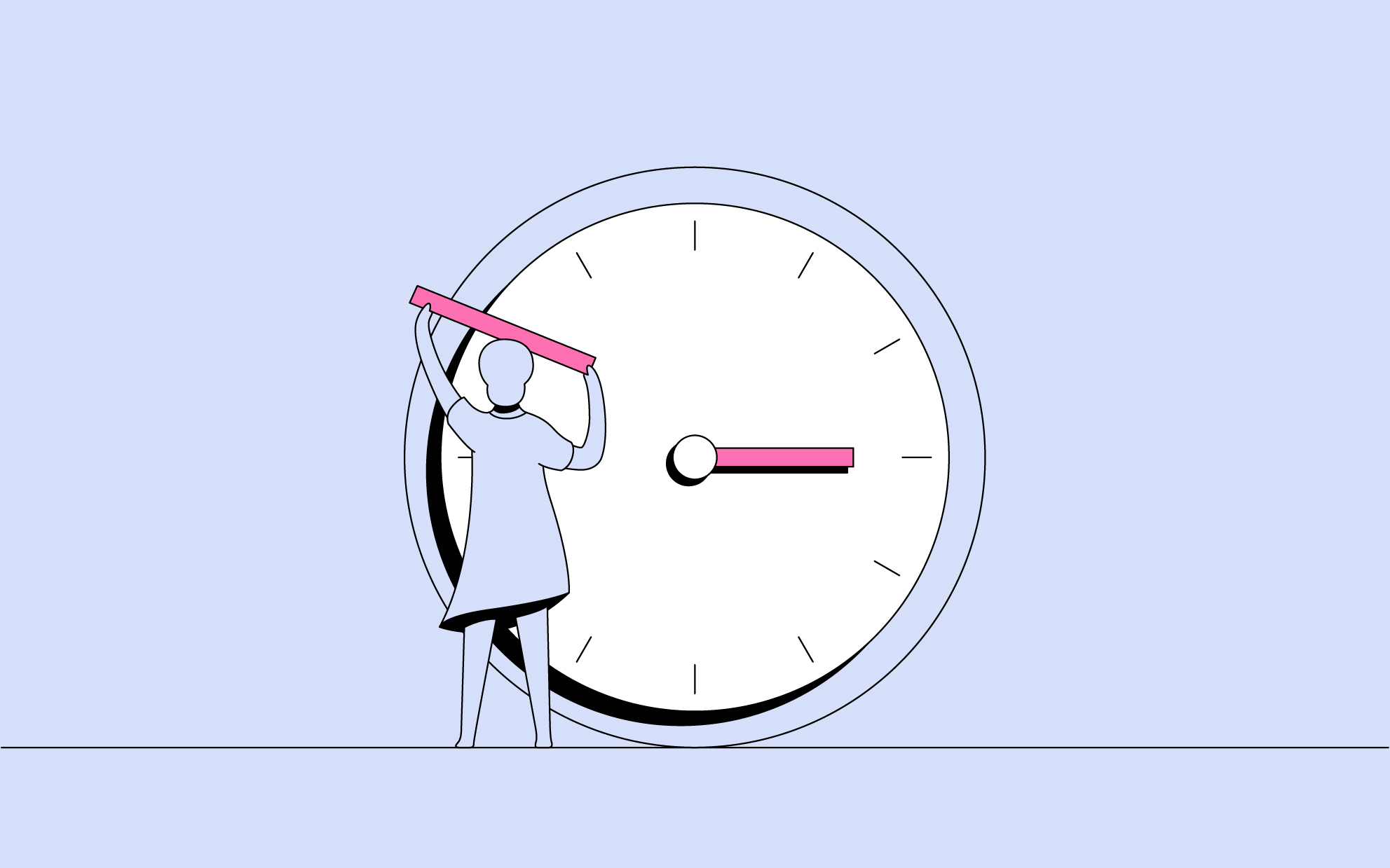By: Andrea Guzmán
We’ve all been there: your first day at a new job. You are meeting your new coworkers, adjusting to your new chair and trying to figure out how the coffee maker works. But not only that, we all know that every new company has a set of norms that employees follow and you ask around for the spoken and unspoken rules that you are expected to abide by for the foreseeable future.
Stand-up meetings every Monday, an All Staff town hall each month… And then someone says something like: “Yeah, and we don’t leave the office until the boss leaves” or “Our manager doesn’t let us work from home because he/she doesn’t believe we actually work”. Woah.
A totally normal reaction to these comments would be to see it as a “red flag of company culture” and the way employees and their work-life balance are perceived. Nonetheless, these types of comments and practices are more common than you think, with companies still believing that they are paying for people’s time and not for people’s work. And even worse, employees abiding by these rules without question out of fear of losing their jobs.
Fast forward to: It’s 9pm and your manager is still in the office crunching numbers. You have finished your work for the day (since 5pm) but can’t leave. And you are sitting down in your desk staring at your computer screen and daydreaming about that precious moment of freedom. How is this productive?
Here’s our view: THERE IS A BIG DIFFERENCE BETWEEN PAYING FOR PEOPLE’S WORK AND PAYING FOR PEOPLE’S TIME.
But let’s go back in history to give a little bit more context…
If you think about it, the eight hour workday is actually pretty outdated and can have worse results than expected. It is a concept that started during the Industrial Revolution when workers had one goal: increase factory output as much as possible. At this time, factory owners wanted their operations running 24/7 and in a super ambitious move made workers go on for up to 16 hours each day. Totally inhumane.
While this did temporarily mean that factories increased output and came closer to their goal of 24/7 productivity, the unreasonably long workdays eventually resulted in burnout and worse results. This is when British human rights advocate Robert Owen became the voice of the workforce and started a campaign called “8 hours labor, 8 hours recreation, 8 hours rest” to advocate for better working hours.
Put in the context of the Industrial Revolution, Mr. Owen’s plea was more than reasonable and eventually started becoming the norm for all companies. This happened in 1817. And we still live by this rule.
Do you see why we might consider it outdated?
While the factory workers of the 19th century could account for productivity by hours of work (the more hours, the more product you make), that is not the case for a large portion of the workforce in current times.
Nowadays, a lot of jobs are project based, with a focus on consultancy or even people management, with KPIs and results being a little less measurable than our fellow industrial britishmen. And this freaks companies, old-school management and even some employees out.
On the other hand, the WFH (Work From Home) situation during the COVID-19 pandemic has forced us to rethink our schedules and prioritize different areas of our lives. Giving yourself time to have breakfast with your kids or do a workout in-between meetings is now feasible and something some people have come to cherish. But it has also affected the idea of productivity for others.
According to research, a lot of people say they are even working more since the contingency started. The pressure of performance and working extra long hours is even more present now that the “office space” is not there and it’s taking a toll on employees mental health.
“If I’m not there, I want to show my boss that I am online all the time so they know I’m working.”
But being online and present on Slack channels is not a synonym of being productive, same as being eight hours in the office does not mean that they are all productive hours (actually research shows that on average, people under this schedule are productive 3 hours a day).
“How can I measure my employees performance then?” “How can I make sure that they are working if I am not on top of them and watching them actually work?” Or “how will I prove to my boss that I am putting in the work if not by the time I spend at the office?”
Our answer: Just let employees do their work. Results speak for themselves and the way in which they are achieved comes in second place. If you give the employee the liberty to perform their job in whichever way they deem is best and establish clear goals, there’s no reason why they shouldn’t achieve them.
And this not only makes way for great performers to shine based on results, but also create an environment where people’s lives come first and yes, they work to live, but they don’t live to work.

